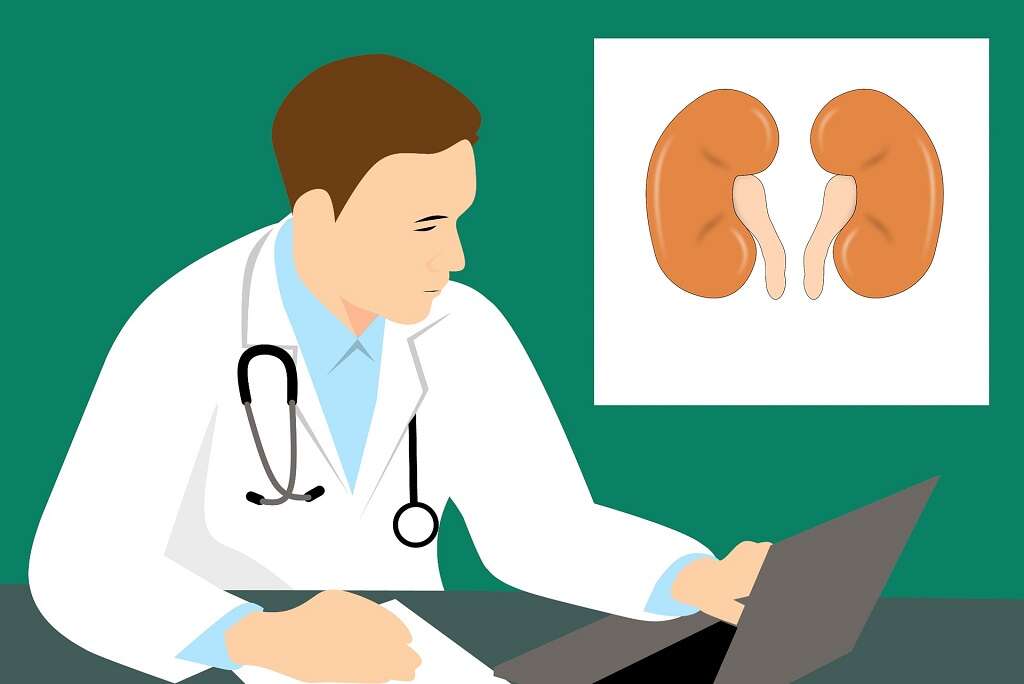10 Apple Cider Vinegar Side Effects
 Article Sources
Article Sources
- 1. 'Side Effects of Apple Cider Vinegar and How to Use It Safely.' Medical News Today, www.medicalnewstoday.com/articles/324184
- 2. Lampen, Claire. 'Drinking Apple Cider Vinegar For Weight Loss Can Have Some Unpleasant Side Effects.' Women's Health, www.womenshealthmag.com/weight-loss/g19732667/apple-cider-vinegar-diet-side-effects
Anyone considering using apple cider vinegar for anything other than a salad dressing needs to know the possible side effects of ingesting too much acidic flavoring. Over the past few years, several studies have suggested that this common dressing ingredient might offer health benefits, such as the potential to reduce body mass, improve cardiovascular health and regulate blood sugar.
Before using apple cider vinegar, it's essential to learn about its side effects. It is always better to seek advice from a healthcare professional rather than following fad diets boasted by celebrities, which may or may not offer health benefits.1‘Side Effects of Apple Cider Vinegar and How to Use It Safely.’ Medical News Today, www.medicalnewstoday.com/articles/324184

Unpleasant Digestive Symptoms
Apple cider vinegar is an acid that may upset a sensitive stomach and when used undiluted on an empty stomach, even in small amounts. Common gastrointestinal side effects can include nausea, vomiting and bloating.
People with specific digestive conditions, such as ulcerative colitis or GERD, should seek medical advice before supplementing their diet with apple cider vinegar. People who regularly experience stomach aches or other digestive issues should speak with their physician, to get the right diagnosis before taking apple cider vinegar or other over-the-counter products on their own.2Lampen, Claire. ‘Drinking Apple Cider Vinegar For Weight Loss Can Have Some Unpleasant Side Effects.’ Women’s Health, www.womenshealthmag.com/weight-loss/g19732667/apple-cider-vinegar-diet-side-effects

Tooth Enamel Erosion
Apple cider vinegar in anything other than small amounts is bad for teeth, as are other acids. Acidic foods, including citrus fruits, erode tooth enamel, which protects the teeth. Without enamel, teeth are more sensitive to hot, cold and sweets.
Once the coating is gone, the only repair option is cosmetic bonding, which is an expensive procedure. To reduce the chances of this apple cider vinegar side effect, limit the use of undiluted acidic dressing.

Skin Irritation
Excessive consumption of acidic drinks, like apple cider vinegar may cause a burning sensation on the lips and inside the mouth and throat.
Apple cider vinegar is available in capsules, as well. As with any pill supplement, whether it's over-the-counter or prescription, large pills can get lodged in the throat. Individuals with skin sensitivity should try only a small amount of apple cider vinegar first and increase the dose gradually.

Changes in Bowel Habits
There are several potential gastrointestinal issues related to ingesting too much apple cider vinegar. Along with an uncomfortable burning sensation, people might experience changes in their bowel movements. Similar to how too much apple juice may lead to loose stools, consuming too much of an acidic condiment, such as vinegar, might have the same effect.
To prevent discomfort and extra bathroom trips throughout the day, limit the amount of apple cider vinegar used daily.

Effects on Immune Function
Apple cider vinegar may help promote healthy gut bacteria, which has the potential to improve a person's immune function, but fermented condiments and foods might not carry the punch necessary to boost immunity. Unfiltered raw apple cider vinegar with mother contains probiotics.
Some nutritionists suggest that consuming excess amounts of apple cider vinegar might push away important nutrients and reduce immune function. Therefore, using apple cider vinegar in excess should be avoided.

Affect on Potassium Levels
Although there are no well-designed controlled studies, one case study found that a person experienced reduced potassium levels after ingesting mega doses of apple cider vinegar, long term. Thus, this could be a potential side effect. More research is needed to assess the impact of apple cider vinegar on potassium levels because this drink is actually a source of potassium.
Individuals with mild hypokalemia might have no side effects. However, moderate-to-severe conditions should use any supplement cautiously, including apple cider vinegar in high doses

Weakness
One common misconception is that apple cider vinegar can be used as a meal replacement option. Individuals who consume the acidic condiment by itself may lose out on the nutrients they'd get from a healthy meal.
The more a person skips nutritious foods, the fewer essential nutrients, such as vitamins, minerals and antioxidants, they consume. This imbalance might leave a person feeling extremely weak. Instead of using it for a meal, add it to a meal. For example, pour it over a salad.

Kidney Issues
People who have certain medical conditions shouldn't use apple cider vinegar as a weight-loss supplement. Anyone with weakened or immunocompromised kidneys needs to speak with their medical practitioner before making any changes to their wellness routine, including what may seem like a simple change in diet.
Some research suggests that consuming excess amounts of apple cider vinegar may result in side effects for these patients. Always seek professional advice before taking supplements.

Increase in Hunger
Anyone who dilutes vinegar in water to reduce their appetite might find that this system can backfire. Although they're filling up on water, neither liquid improves the body's caloric content. Apple cider vinegar may reduce the appetite in some individuals, while others may feel more hungry.
To limit the hunger spike while consuming extra apple cider vinegar, skip the vinegar-infused water. Instead, try mixing it with a little olive oil and spritz it over a salad or plate of vegetables.

Medication Interactions
One theory regarding apple cider vinegar speculates that it helps with weight control by delaying stomach emptying. However, this can also interfere with some medications and may cause delays in how long certain medications take to digest. Apple cider vinegar shouldn't be taken at the same time as drugs.
Apple cider vinegar has the potential to be very dangerous for patients taking insulin, blood pressure medication, laxatives and diuretics. Anyone who's taking these medications should consult with a physician before supplementing with apple cider vinegar.









